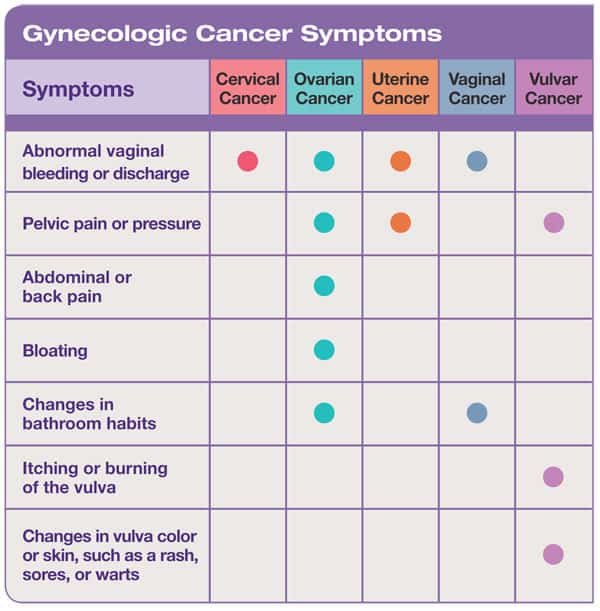It’s rare when a movie touches a person so deeply that it draws them to tears. Not the kind of tears that are a sympathetic reaction, but tears of the deeply emotional kind. Tears of fear and regret for things that you’ve done or not yet done but regret not doing so. Sometimes a movie just grabs you and makes you think all sorts of what ifs. What if I had just done this? What would happen if I did this right now? Why did I not do this sooner? It was hard to not contemplate these ideas with World Cancer Day at hand.
A Little Bit of Heaven just gave me that feeling of emotional turmoil. The movie stars Kate Hudson and the story is that of a young woman in the prime of her life finding out she has a cancer that could take her life. Though I had watched the movie once before and knew the basics of the story, sitting here watching it brought on tears and deep feelings that I had not experienced in some time. As I shed tears, my biggest thoughts were that I did not want that to be me, but what I could do about it.
A Close Call
Scares of such magnitude are not unfamiliar to me. In 2012, I went to the doctor for a yearly checkup that I hadn’t had since my youngest was born. The doctor told me she was going to send me for more tests as what she had seen did not look good. Then I received a letter with an address that scared me. The letterhead was from the local cancer center. For the weeks awaiting my appointment, I had to admit that I was scared to death. What did they suspect but no one had told me of?
I went to my visit and they did the testing needed. Naturally, I was still scared. I did not know what dysplasia was at the time or if the tests results would come back with something more. In the end, I was diagnosed with moderate to severe cervical dysplasia. If I had not gone to the doctor at that time, after a few years, I might have found myself in deeper waters as I also have the strain that leads to cervical cancer. Learning all of that was most definitely not easy. It most certainly opened my eyes.
Gynecological Cancers
According to the CDC (Center for Disease Control), cancer is the second leading cause of death in women. As we get older, our need for regular checkups becomes even more important as age increases risk for most cancers. Some cancers, such as cervical cancer, can be present without any symptoms. By getting regular screenings and checkups, the likelihood of catching any cancer early increases chances of remission.
When visiting your doctor, it is important to bring up any concerns that you have regarding any symptoms that are not normal for you. Engage your doctor with any concerns that you have. The best advocate for your health is you, but you have to be willing and open to speak and have your concerns addressed. Some symptoms for gynecological cancers include:

Chart by the CDC
Breast Cancer
Another cancer that women should watch out for is breast cancer. Breast cancer is the most common cancer to affect women of all races and is the second leading cancer death for women. Monthly self-breast exams can help women to get help in detecting breast cancer early enough. While lumps in breast tissue or underarm is the most well-known symptom, there are others to watch out for:
- Thickening or swelling of a portion of a breast
- Irritation or dimpling of skin
- Redness or flaky skin on the nipple or breast area
- Nipple discharge
- Pain in the breasts
Just like most symptoms, having these symptoms alone does not mean that a person has breast cancer, as they are shared among other illnesses. They are indicators that should be taken to a doctor in any situation.
What Can You Do
As I mentioned earlier, you are your best health care advocate. If you feel something is not right with your body, seek medical advice. Be sure to get regularly scheduled checkups as well as pap smears. Once a month, do a thorough check of your breasts and note any abnormal changes. BreastCancer.org has a good walkthrough on the self-exam with illustrations (note: upper female body is illustrated rendering this nsfw).
Your best defense is knowledge and prevention.
Note: Cancer stats via CDC based on most recent data listed, 2013





[…] See the complete article at UrbanMommies.com. […]
[…] in your body, and how it will be treated. Experts agree that naming the illness is important — “cancer” should not be a forbidden word. Even very young children can grasp simple explanations of what […]